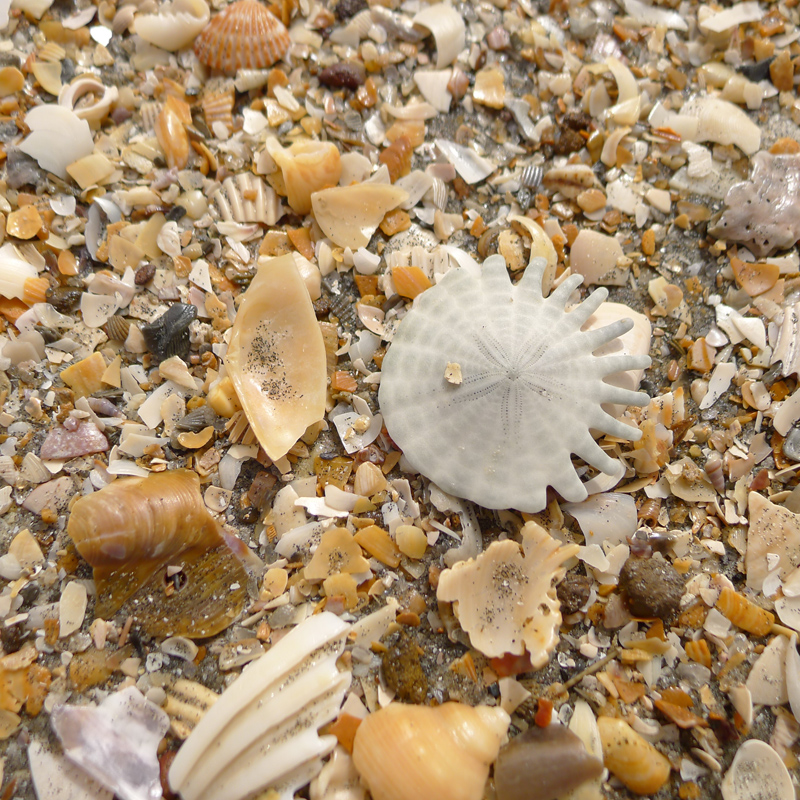If you follow me on Twitter or Facebook, you’ll probably have heard that I’ve just begun a 2-month trip to West Africa. You can keep posted on my adventures here as I report back on all things seamonsterly.
In the first of my reports, I encounter my first two local species down at the beach.
Atlantic waves crash and suck at my feet, demonstrating the lack of coral reefs along this particular coast. Without a fringe of biogenic ramparts, the West African coast is a wild one. I don’t expect to be free diving or scuba diving on this trip instead I plan to explore the edges of the sea and along the river, meeting men who go out to fish and women who gather shellfish from mangrove roots. I will walk the beaches and swim in the waves and perhaps, if I get the chance, surf them too.
The beach at Fajara is sandy and dotted with shells, some whole and waiting to be picked up, others pounded into fragments and swept into piles. I find a strange looking sea urchin, flat and round with a wiggly fringe like a cartoon jellyfish. Later I learn that it belongs to a group of sand dollars that inhabit Africa’s Atlantic coast. My first local species.
A little way along the beach I encounter my second local species. Flung up on the shoreline lie solitary, headless fish. I’ve no idea where these decapitated creatures have come from, what species they are and who or what left them here but I watch on as a group of vultures get busy cleaning them up.
These are hooded vultures, an endangered species say the World Conservation Union, on account of accidental poisoning, the demise of their habitat and the cleaning up of abattoirs and refuse dumps across the continent. Perhaps that’s why these carrion-eaters have taken to a beach-based diet.
It’s the first time I’ve seen a wild vulture. Their size and bulk are exciting and unexpected as they soar through the air, swoop down and stalk across the sand, hunched forwards like old men with hands in their pockets, their heads bald and sunburnt pink.
I’ll be here in the Gambia for the next 2 months, with a trip into Senegal squeezed in there somewhere too, and I can’t wait to learn more about this tiny country. I will wait impatiently for the laden mango trees to drop their fruit, try my hand at bird watching (I don’t consider myself a bird watcher but it’s hard not to have a go here, with vultures soaring across my view and beautiful sunbirds flitting past), and I’m really hoping I might get a chance to meet a hippopotamus.
Perhaps even a manatee.
You can read an extended version of this post at my website, helenscales.com


Leave a Reply